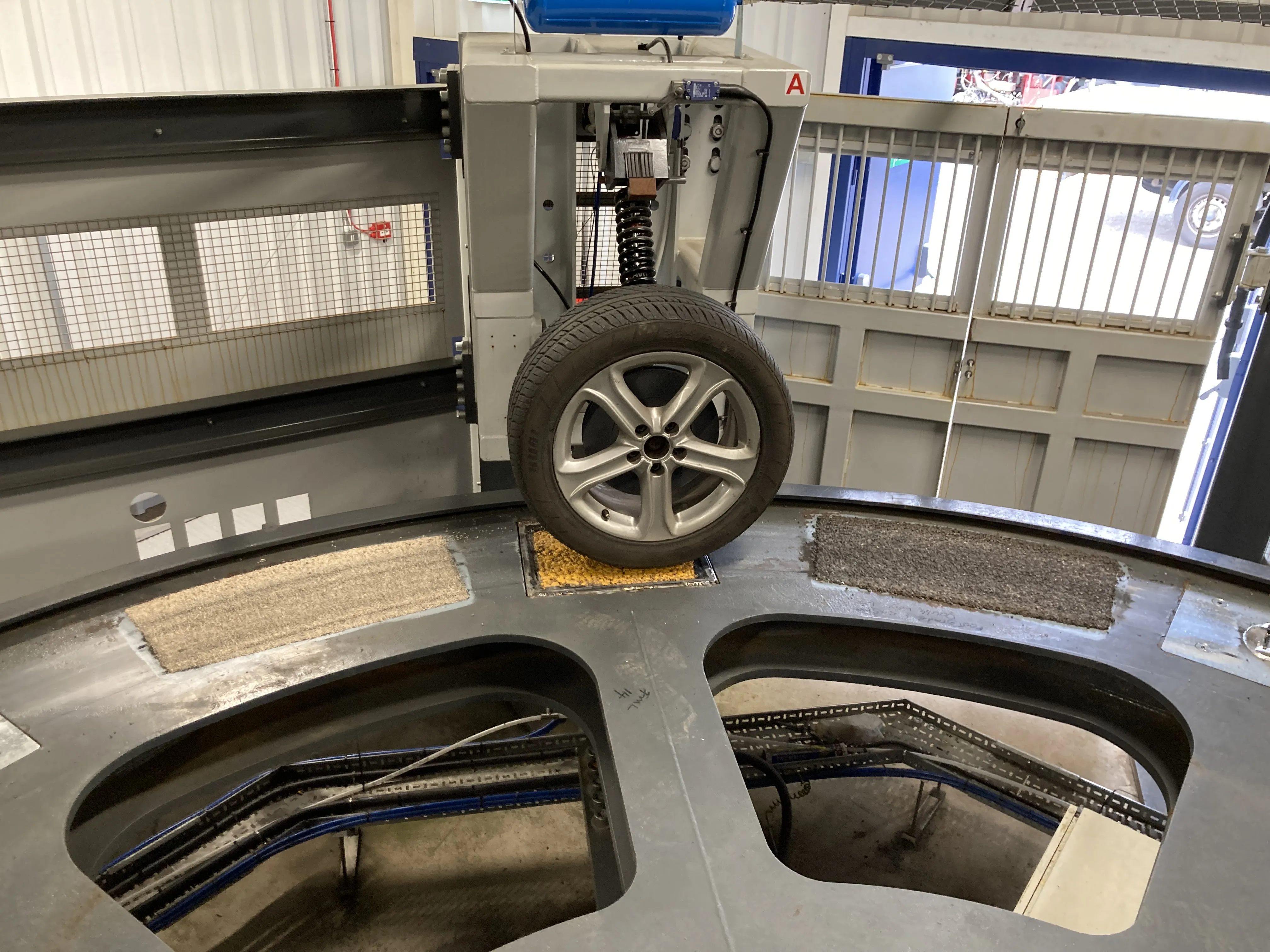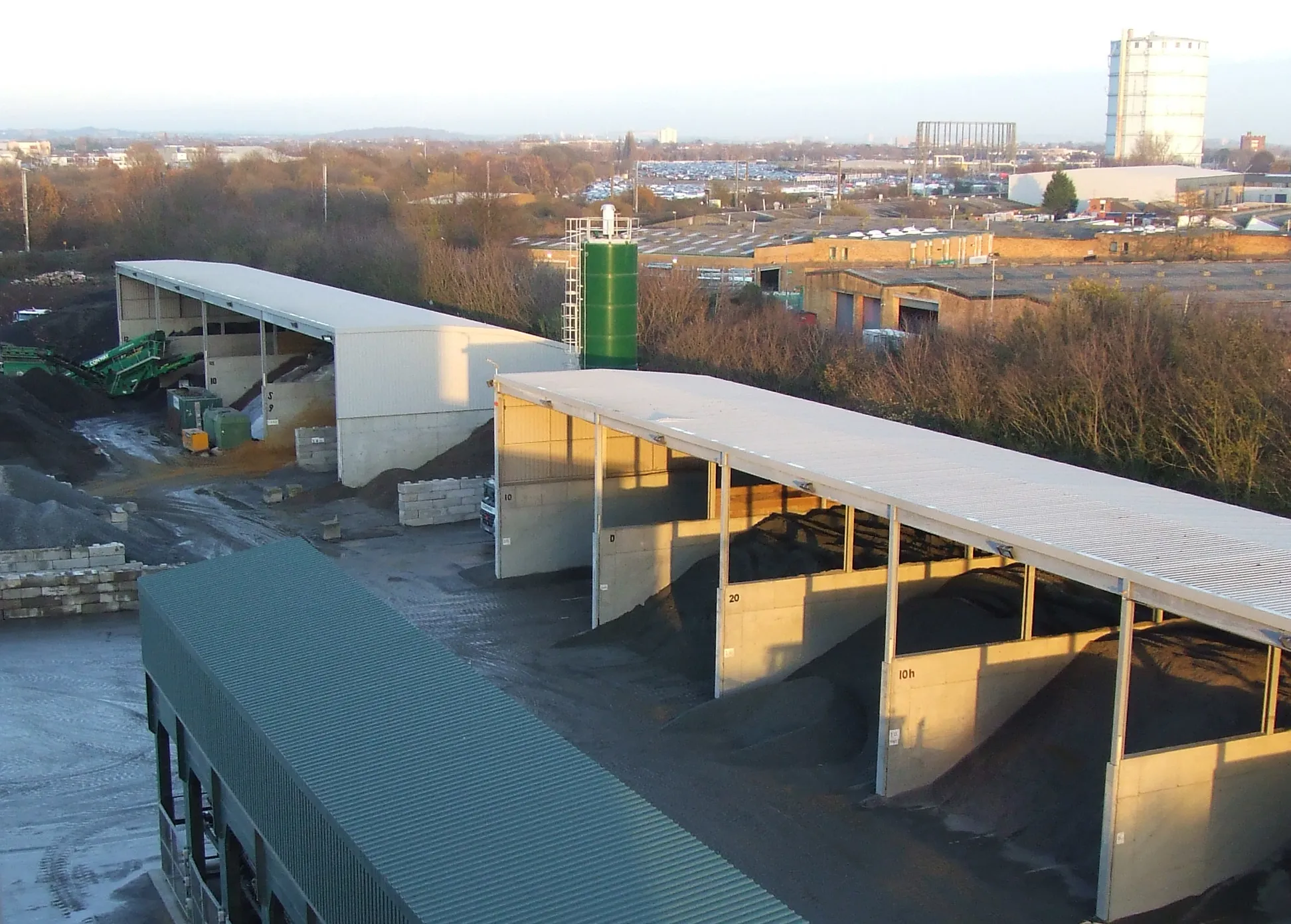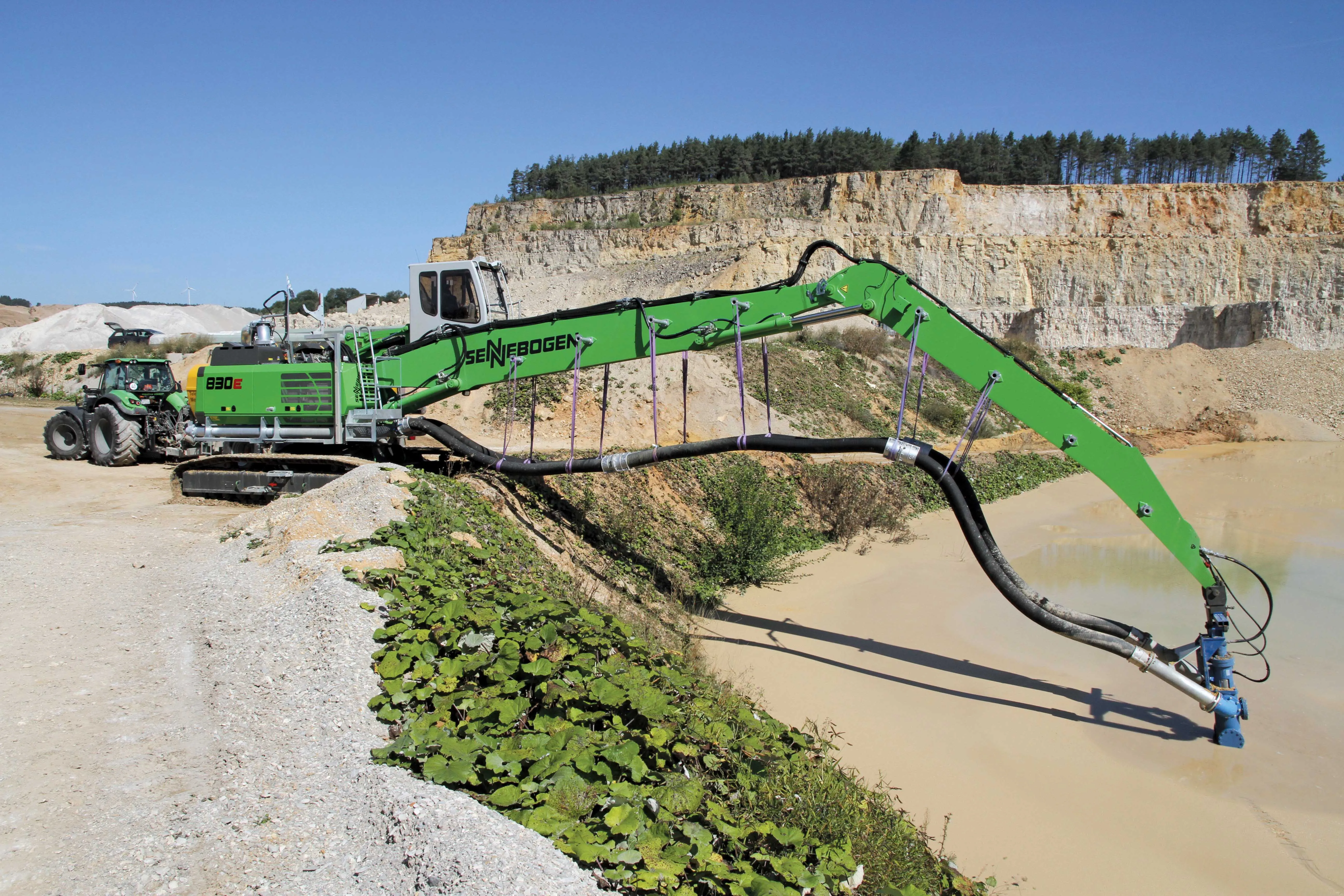
UK road maintenance specialist WJ Group has installed an Accelerated Product Tester to assess the durability and performance of various highway maintenance and improvement products.
The tester – a US$857,000 investment and traditionally called an assessment turntable – will assess road markings, high friction surfacing and other materials laid flat to the surface. WJ said that the unit will be housed at the company’s depot in Stoke-on-Trent, England. It is “the first of its kind in Europe to be able to test road studs” without the need for extensive and lengthy road trials to assess initial results.
With road studs being an integral part of the UK’s highway system, ensuring that they’re capable of withstanding continuous pressure applied by travelling cars and HGV – heavy goods vehicles - over extended periods of time is vital to avoiding unnecessary road maintenance and its associated costs. WJ said that until now, there has been no method of quickly ascertaining the durability of prototypes of these products without having to send them to road trials.
The tester has four tyres to mimic the loads of both an HGV and a standard passenger car. When in operation, two wheels with the equivalent load of a car and two of an HGV will run over the road markings and studs thanks to the turntable’s spinning mechanism. Over one week, this will see the products tested by both loads up to one million times. WJ said that this type assessment is achievable only outside the UK and over a number of weeks.
WJ also said that not only will this enable the faster testing of products for the UK road network, but the innovative turntable will provide the most reliable durability readings compared to other accelerated wear testing machines across Europe. This is due to the force exerted on the testing plates, which on other turntables varies. But the maximum is around 300kg, whereas WJ’s will be able to apply 2,000kg on the HGV tyres and 900kg for the car, much more closely replicating real world conditions.
“Before the development of our new Accelerated Product Tester, there was no way of producing this level of testing in the UK,” said Martin Webb, innovation director at WJ Group. “It would take over six weeks to send products to turntables around Europe. However, this didn’t completely replicate real-life scenarios as the pressures exerted are far lower. Or we could send them for a road trial in Belgium, which slowed the process down.”
The tester has been designed by WJ’s R&D team in conjunction with specialist equipment company EH Hassell and Sons which is primarily focused on mechanical engineering services to the quarrying industry. Hassell’s operates out of a 3,345m² covered manufacturing and service centre, also in Stok-on-Trent. In 1998 Hassell’s became the Sennebogen dealer for the UK and Ireland selling material handlers to the scrap metal, ports, construction, quarrying and waste industries. In 2021 the company secured the sole UK dealership for the SOLMEC range of material handlers.









